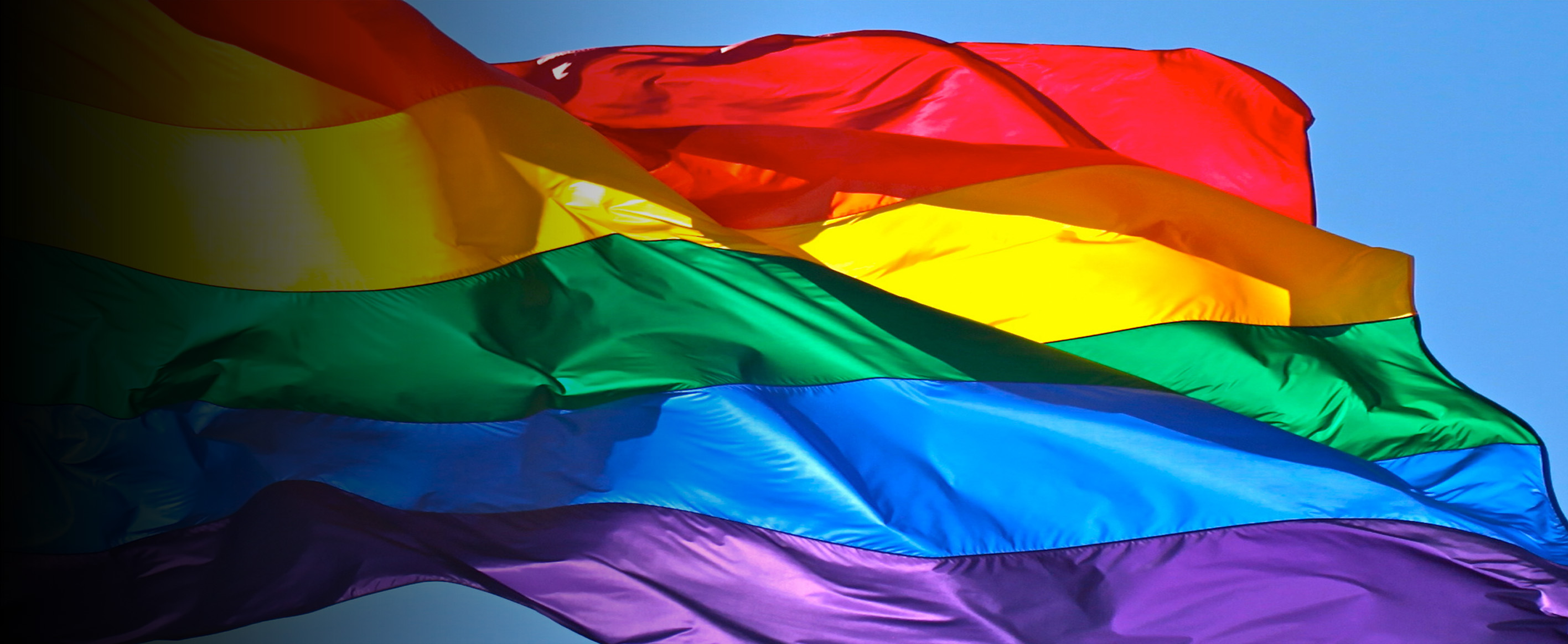Ecuadorean said on January 30 that Latin America needed to respond with a strong, united front against the anti-immigration measures of US President Donald Trump, T.
Ecuador
This interview by John Pilger with Jullian Assange was filmed in the Embassy of Ecuador in London ā whereĀ Assange is a political refugee ā Ā and broadcast on November 5. ***
John Pilger:
Whatās the significance of the FBI's intervention in these last days of the U.S. election campaign, in the case against Hillary Clinton?
Julian Assange:
Venezuelan foreign minister Delcy Rodriguez called on the United States to pull out of its military bases across Latin America on October 6.
In a fierce speech, Rodriguez labelled the US military presence across the region as a threat to peace and stability.
āWe denounce the presence of 70 US bases in our region, we have to unite and demand the closing of these bases,ā said Rodriguez.
The comments were made while Rodriguez addressed the Latin American Summit of Progressive Movements in Quito, Ecuador.
Ecuadorās ruling party, the leftist Pais Alliance of President Rafael Correa, has elected disability rights activist Lenin Moreno to be itsĀ next candidate for presidentĀ during its October 1Ā congress, TeleSUR English said. Presidential elections are scheduled for February 19 next year.
Ecuador ramped up its fight against tax dodging on September 21 as the South American country proposed a plan on the sidelines of the UN General Assembly in New York aimed at tackling offshore tax havens with stiffer regulation.
The push comes in the wake of the Panama Papers leaks that exposed just the tip of the proverbial iceberg of global tax evasion and its impact on the global South.
Ecuadorean indigenous groupsā years-long court battle to force oil giant Chevron to pay US$9.5 billion in damages for the environmental disaster known as the āAmazon Chernobylā began a new phase on September 12 ā this time in Canada.
Plaintiffs from Ecuador have been trying for years to collect damages it won in its 2011 lawsuit against Chevron in a court in Ecuador, where the multinational oil giant no longer has assets that can be seized.
On being sworn into power on January 15, 2007, Ecuadorian President Rafael Correa said: āLatin America is not living through an era of change, it is living through a genuine change of eras.ā
His enthusiasm was shared by many, and with good reason: after years of intense social struggles against right-wing neoliberal governments, new left forces were winning elections across the region.
A United States federal appeals court ruled on August 8 in favour of the oil giant Chevron in a case that dates back more than 20 years. The ruling blocks an Ecuadorean indigenous community from collecting a judgement of nearly US$8.6 billion for environmental damage to the Amazon rainforest.
 Bolivia has approved a new law that allows transgender people to change their name, sex and gender on birth certificates and other official records. LGBTI rights activists in Bolivia see the law as a groundbreaking sign of growing tolerance in Latin America.
Forty people began the process to change their personal information on identity documents and bank accounts, and alter their professional titles on the day the law passed.
Bolivia has approved a new law that allows transgender people to change their name, sex and gender on birth certificates and other official records. LGBTI rights activists in Bolivia see the law as a groundbreaking sign of growing tolerance in Latin America.
Forty people began the process to change their personal information on identity documents and bank accounts, and alter their professional titles on the day the law passed.
Since the start of the 21st century, the left has won elections in most Latin American countries in a powerful wave of popular rejection of the disastrous neoliberal policies of the previous regimes. One must however distinguish between two quite different sorts of left governments:
- Previous page
- Page 5
- Next page










